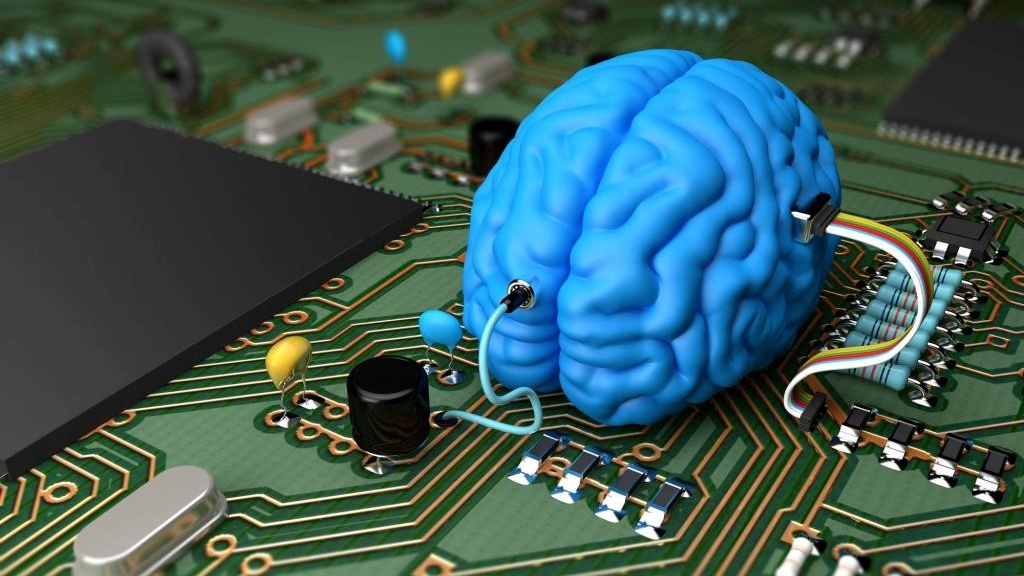According to an article published in Frontiers in Science, organoid intelligence can help solve many problems related to drug development, research and disease testing, as well as improve understanding of brain activity. Artificial intelligence based on neural networks draws pictures, writes books, records podcasts and more. However, scientists are already seeing technical limitations due to the capabilities of silicon semiconductors.
Organoid Intelligence is a relatively new type of artificial intelligence, based on the use of models of biological organisms and their organs to create machine learning algorithms. It allows you to create individual models for each patient, which can help in more accurate diagnosis and treatment of diseases.
One of the trends in the development of organoid intelligence is the creation of new platforms and tools to speed up and simplify the creation of organoid models. For example, Emulate, Inc. has developed the Organ-Chips platform, which allows the creation of three-dimensional organ models using microchip technology.
Another trend in the development of organoid intelligence is the expansion of its application in various fields, such as agro-technology. For example, Agrinomix uses organoid intelligence technology to create customized plant models that can help increase yields and reduce production costs.
Also, a trend in the development of organoid intelligence is the growing interest in using this technology in medical research. AxoSim is using organoid intelligence to create models of neural tissue that can help develop new drugs to treat diseases of the nervous system.
According to Gartner's Hype Cycle for Emerging Technologies report, organoid intelligence is still under development and is just beginning to show potential. However, Gartner experts note that organoid intelligence has great potential for biomedical and pharmacological applications.


